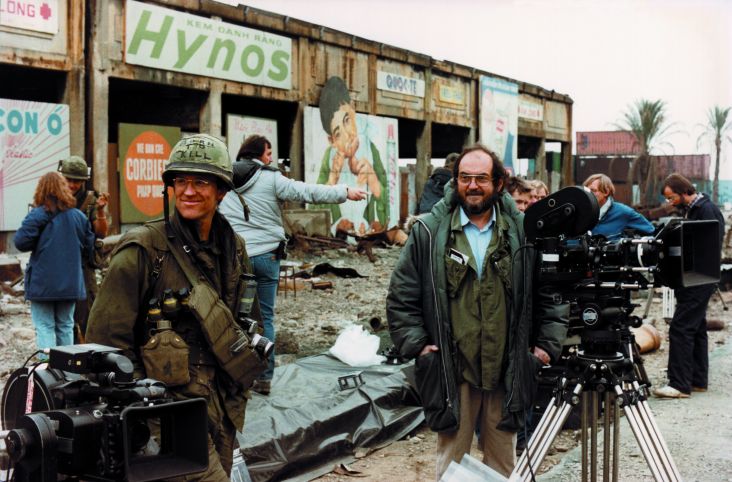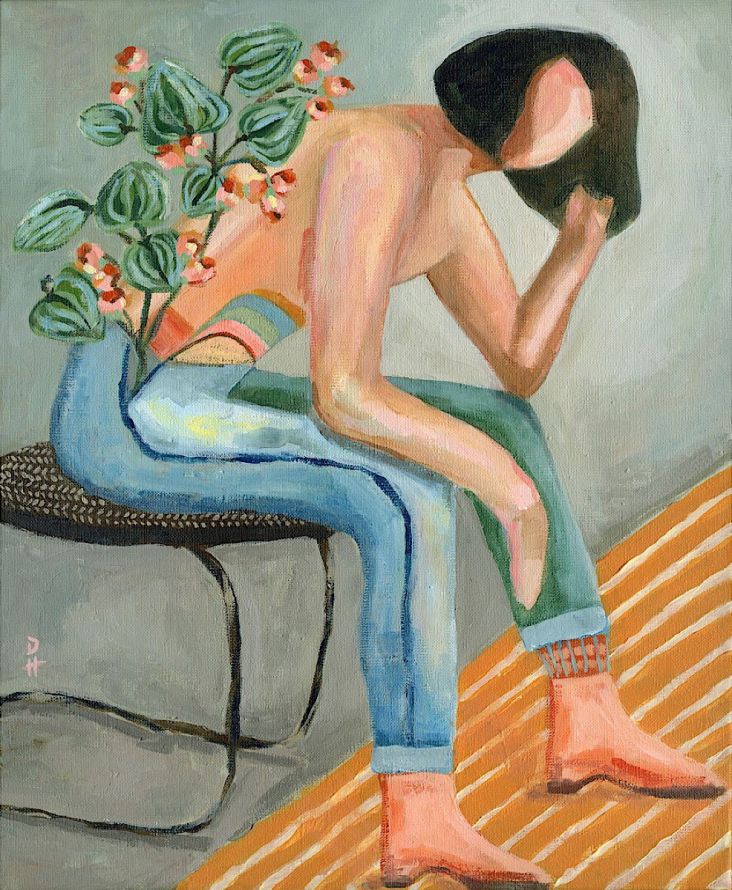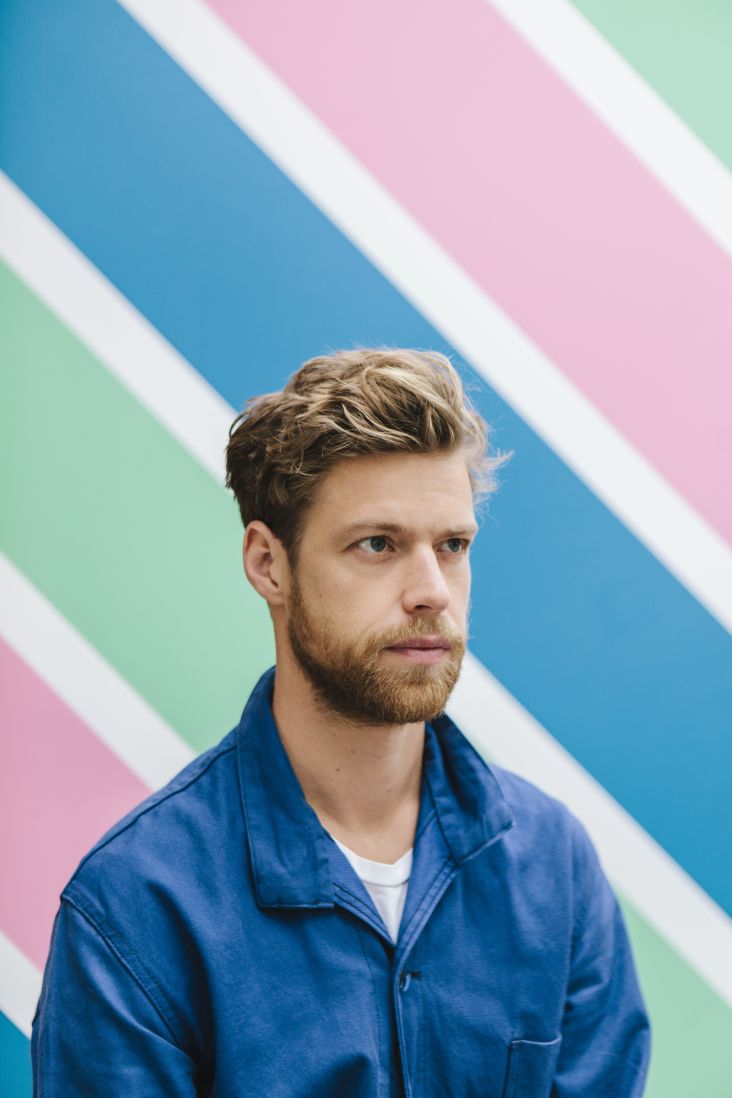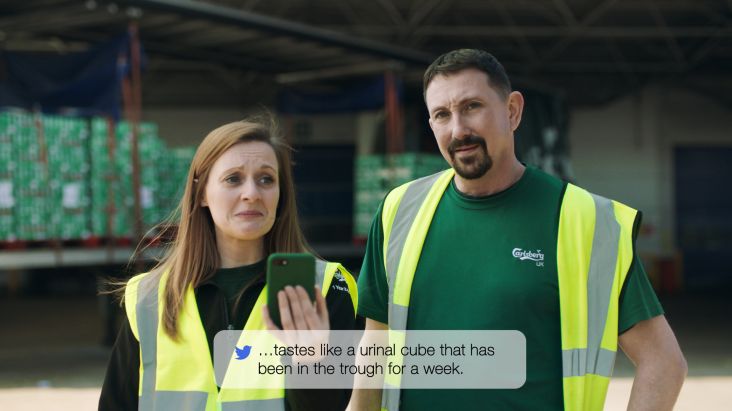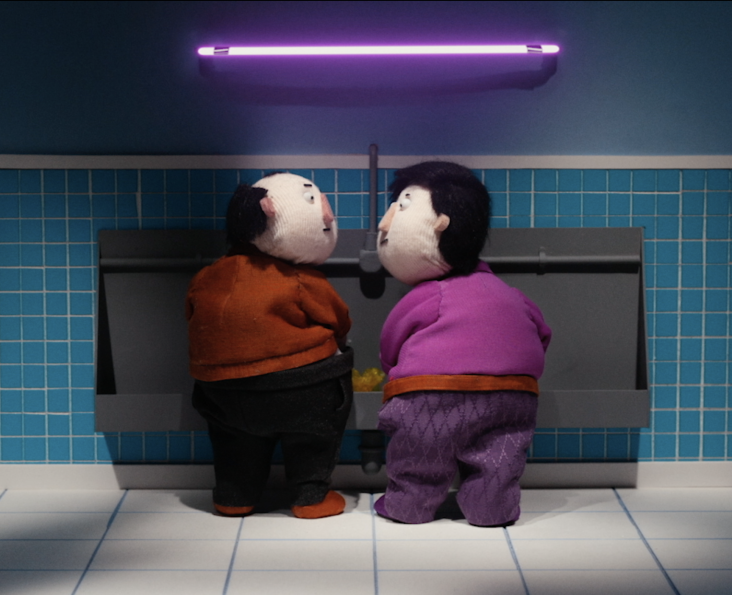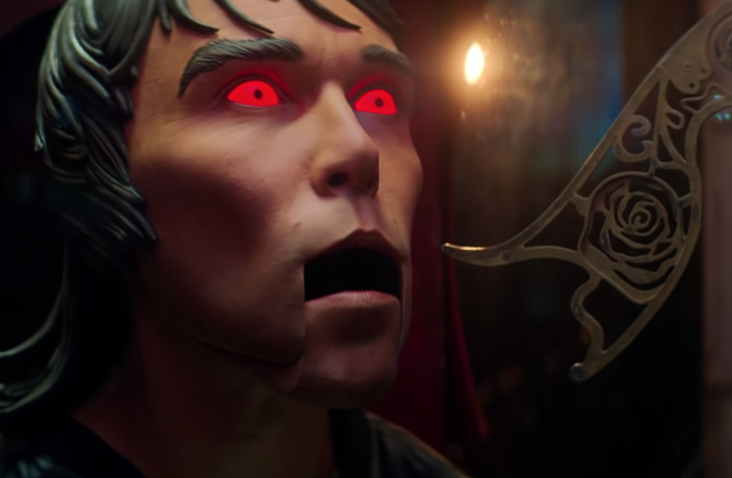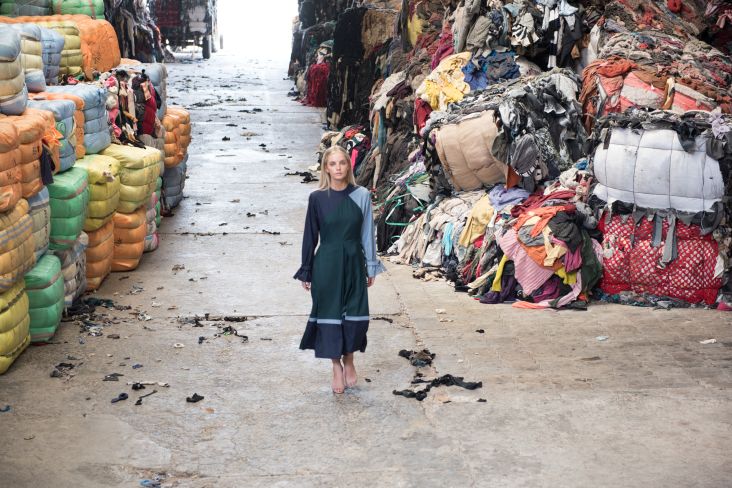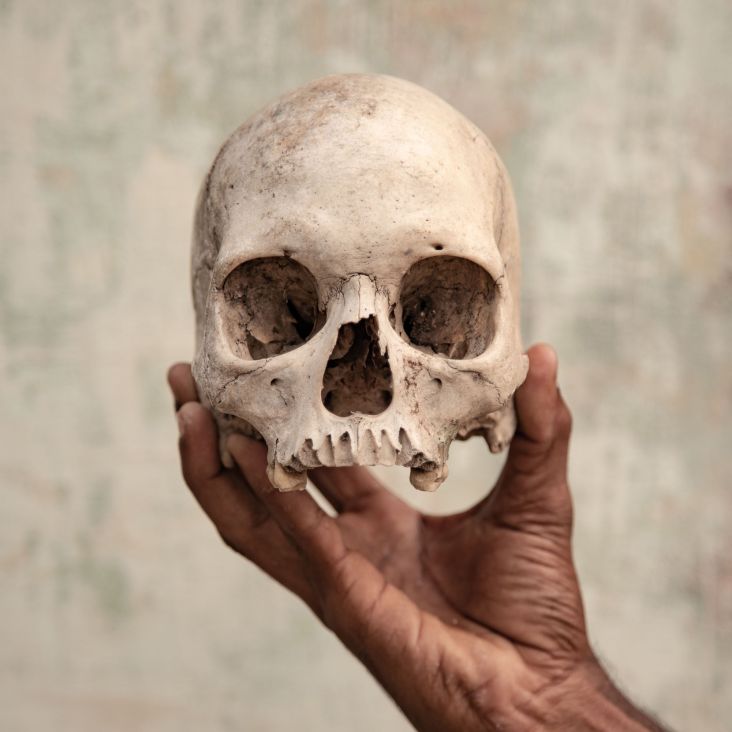Luke Tonge on the freelancing life, helping others and co-founding Birmingham Design Festival
Luke Tonge describes himself as a "Brum-based shorts-wearing, type-loving, freelance graphic designer at large", and that's only a small part of what he does.
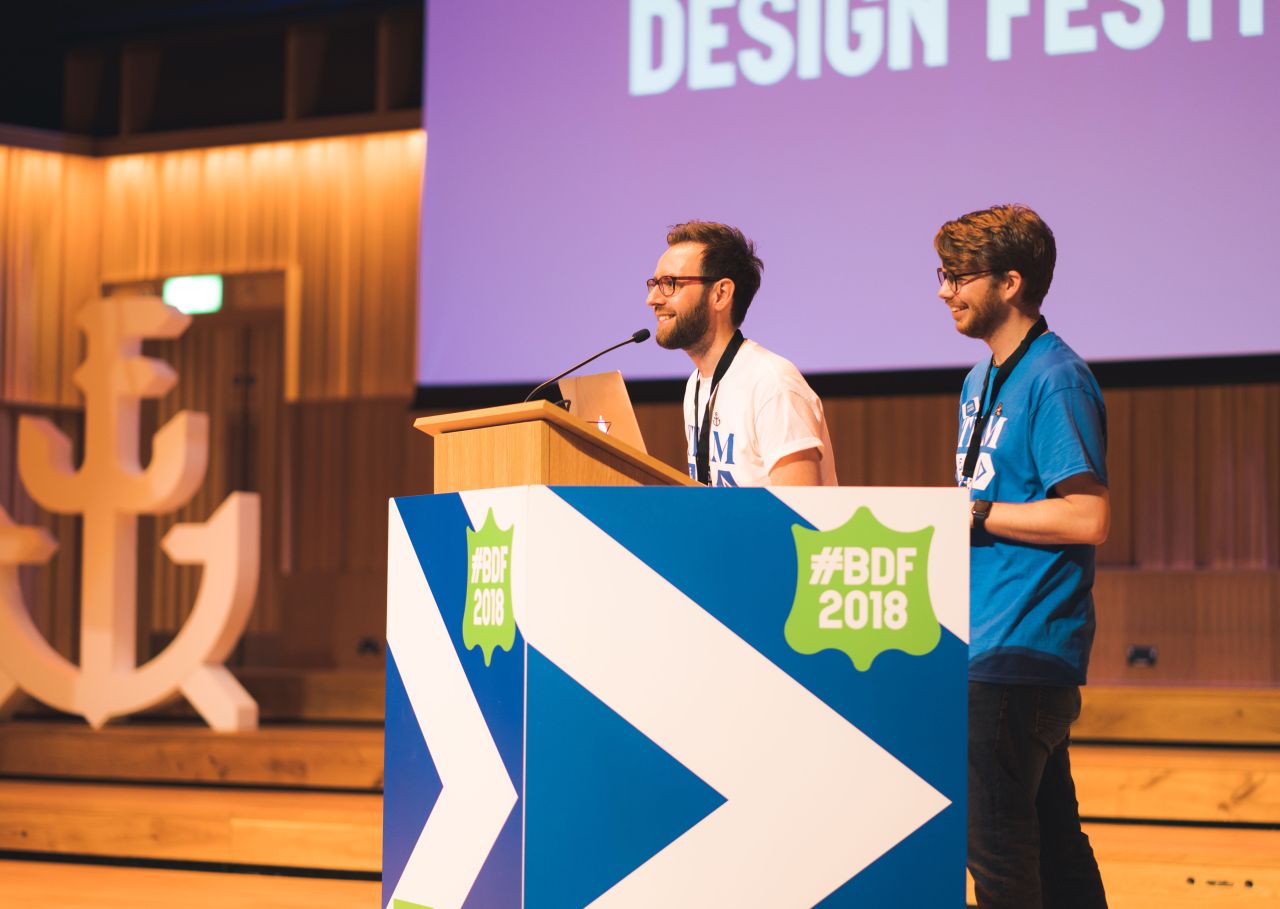
As well as art-directing magazines as wonderful as The Recorder for Monotype and 99% Lifestyle, he lectures at Birmingham City University, teaching the next generation of graphic designers.
In 2018, he also found the time to organise and co-found Birmingham Design Festival, which was such a huge success in its debut year that it's returning this June with a schedule full of huge surprises and great speakers from all over the world.
We first met Luke through FormFiftyFive, now Made by Folk, and have been following his adventures ever since. It was about time we pinned him down to get some insight into his career and creative passions.
Tell us more about you. How did you become a freelance graphic designer?
I realise now, I've always had the freelance mindset, even during my decade spent at agencies after graduating from Falmouth in 2007, I just didn't have the confidence or guts to take the leap until 2017.
My wife and I had been talking about it for a while. I was increasingly unhappy at work meanwhile my freelancing was going pretty well, so once we'd secured a mortgage we decided it was time to jump ship and give self-employment a go.
You've had quite the impressive career – tell us about some of your proudest moments
Strange to hear it described as impressive – but it certainly has been quite varied! When you're a grad it blows your mind every time your work is visible in public – your first billboard, or press ad, or tv end frame, or piece of packaging on a shelf... but after a couple of years, this purely commercial result lost its appeal compared to more personal satisfaction.
I'm probably most proud of the magazines I've been fortunate to work on, from Boat Magazine to The Recorder, Alpha Life to 99% Lifestyle, they're always such a huge team undertaking and there's a tangible outcome that many people get to keep and enjoy – they're very satisfying and 'complete' projects and I'm grateful for every issue I've been fortunate to design.
I guess now I sit down to think about it I'm not proud, more equal parts amused and surprised with how my career has changed shape over the last 18 months.
As a self-confessed introvert/shy-boy to now split my time between being my own boss, a part-time lecturer and a part-time festival director feels very unlikely, to say the least! I'm pleased that I took some valuable advice to get out of my own way and push myself out of my comfort zones, as I get enormous satisfaction from this new jumble of a career.
Was it easy to go freelance?
No! It was traumatic! I loved aspects of agency life – I was part of a team with a group of fantastic designers around me, comfortable knowing what I'd be doing most days, fairly in control of things and safe in the knowledge that when I turned up to work there'd be a brief waiting for me and at the end of the month there'd be a paycheck!
Choosing to leave that security behind to become a mini one-man agency, to face grown-up stuff like 'admin' and 'taxes' and to have its success all rest on me...in my book that is always a scary leap.
But in another sense, it was a very easy decision – because it was abundantly clear to me (and everyone around me) that my time had come and it would be much better to try and fail than to wonder whether I could've made it work.
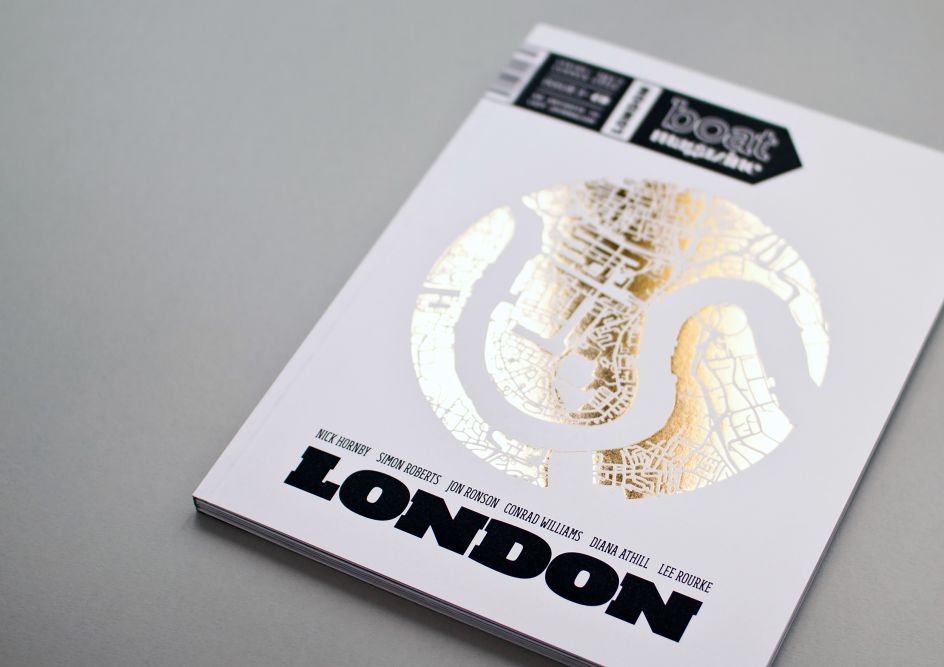
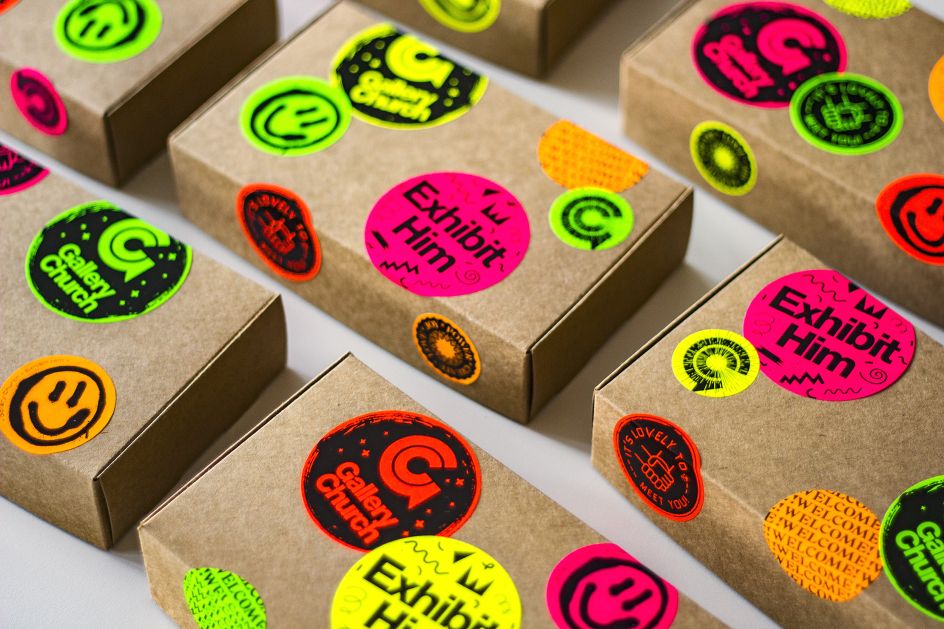
You're one of the co-founders of Birmingham Design Festival. How did that come about?
It's all Dan Alcorn's fault! He and I had both been ploughing our furrows into the Birmingham creative scene – Dan by putting on events and me usually by speaking at them.
Plus I'd dabbled with Glug and knew Dan socially. We shared a group of industry friends and miscreants, so our paths naturally crossed and early in 2017 he asked whether I'd help him do something a bit more ambitious for Birmingham together than we'd be able to do alone.
Naturally, I said yes, and we pooled our contacts, skills and ambitions, rallied the troops, and just over a year later the first BDF took place.
So your first year was 2018 – how did it go?
My stock answer to this awkward question is, no-one died that we know of, so we were happy.
Actually, I'm still really stoked that we managed to pull off such an accessible large-scale festival with no real clue what on earth we were doing and no seed money.
We had around 100 speakers, world-class practitioners, speaking and doing stuff in 30 venues, over four days, with thousands of people attending, largely for free.
Obviously Dan and I couldn't pull that off alone, so we have to thank our amazing team who worked tirelessly, our generous sponsors who totally got what we were trying to do, speakers who went above and beyond and showed us how incredible our industry can be, and all those who gave us a punt and turned up.
What were the key takeaways? Anything you'll be doing differently for 2019?
So many lessons were learned. Experience truly is the best teacher. I think a really important thing we've realised is that Birmingham has a very unique vibe – whether its the crowd here, something in Dan and I, or maybe just the strange days we're living in – but a lot of people commented on the inclusive, relaxed and friendly feel to BDF. Which is music to my ears, because the last thing we wanted was a critical, exclusive or smug atmosphere, so part of what we're trying to figure out is how you recreate that good feeling when you've not got the energy of a first-time launch.
We've also done some practical things, like making the days shorter and compressed the festival itself into three and a bit days, rather than four, as our team and volunteers found four days hard going. New sponsors have come on board which is super exciting, and we've also changed some of our venues and shifted the whole of the festival into one neighbourhood rather than spanning the city, as moving around wasn't as easy as we'd hoped it would be.
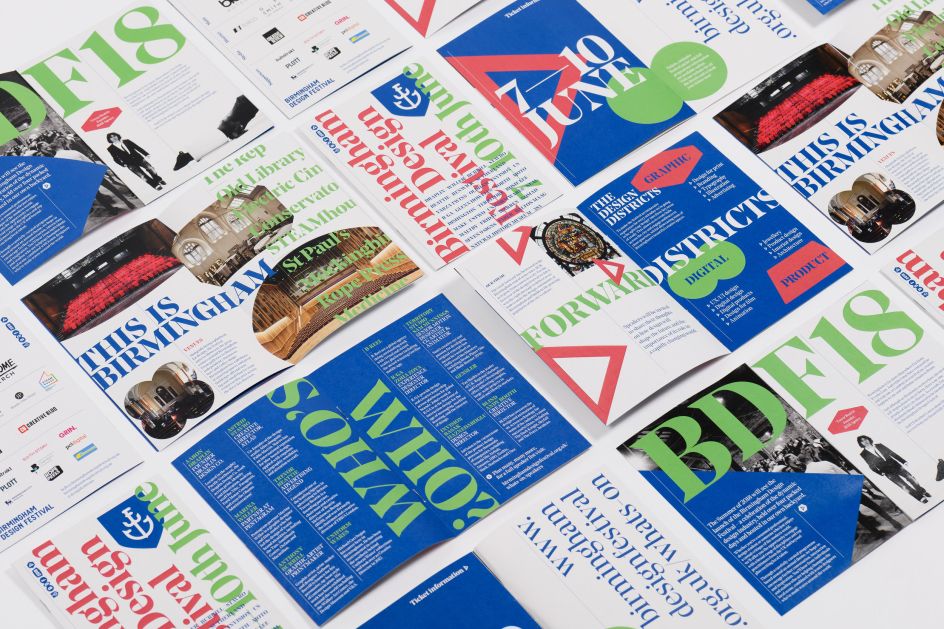
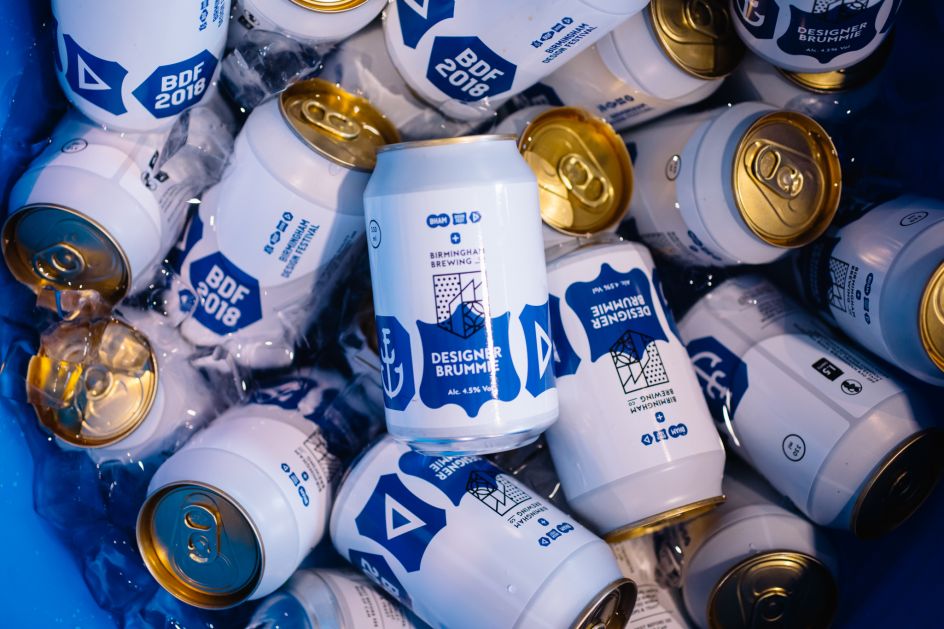
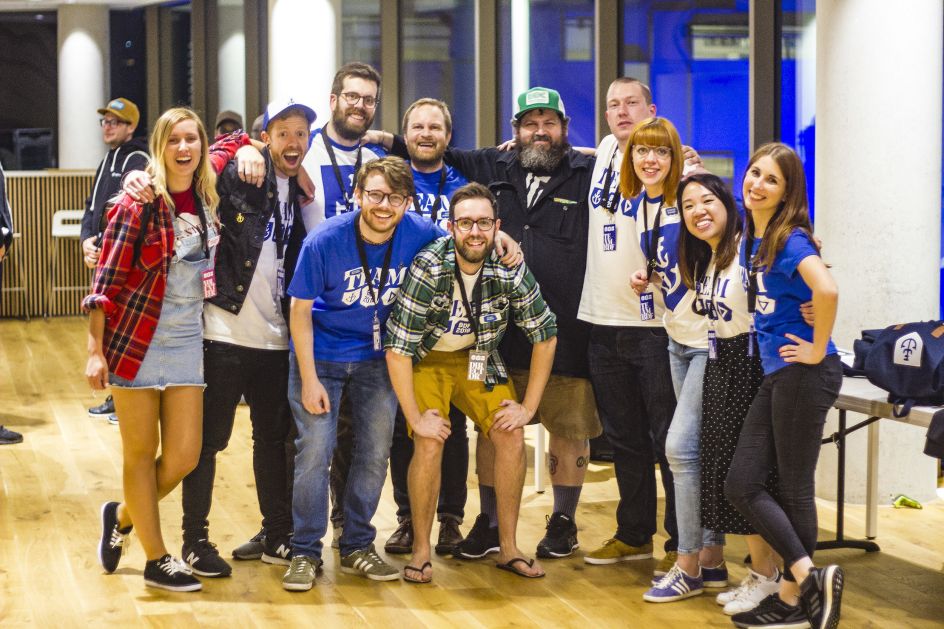
What can we expect from Birmingham Design Festival?
Truth! An honest look inwards, at our industry, and maybe even society... from an amazing collection of speakers – local, national and international.
Last year we had a couple of speakers from overseas, this time around we've got over 10! We're also bringing some really exciting workshops, initiatives and exhibitions from brands and companies we love – not to mention some special surprises.
Moving on, you also help to look after Glug Birmingham. Is there nothing you can't do?
Oooh weee, there's loads I can't do – some days I can barely tell you what year it is! Don't try to give me an ego I don't deserve!
I'm incredibly fortunate I get to do something for a living I enjoy, and that is a privilege not to be taken for granted. Birmingham is a city full of opportunity but I think wherever you are and whatever you do, if you focus on being useful and act with empathy and kindness, you will find fulfilment in your work.
Where do you get this drive from? What fuels your passion to support others?
That's a great question, and one I've never been asked before. Probably a mixture of places, my upbringing and family, my faith, my education and Falmouth experience, my privilege, my time as part of the Formfiftyfive crew, my years spent looking after juniors and grads at work, and more recently my time spent with students at BCU.
Did anyone really help you? Who were they and what did they do or say to inspire you?
My parents have always been incredibly supportive, so they deserve the biggest shout-out of all, it's no understatement to say I wouldn't be here (wherever here is) without them.
I was also fortunate to study in Falmouth under some superb tutors – Jon Unwin, Andy Neal, and fresh from London, Bryan Clark – these three along with some very talented classmates taught me how to design for an audience, about the importance of ideas, and exposed me to some influential concepts and history.
Then, in my first industry role, I was fortunate again to have a creative director (John Kay) who also mentored me, was patient and encouraging and told me he saw me taking his job one day. That level of belief in a very inexperienced kid of 22 was invaluable.
Since then I've also been really stoked to become friends with some amazing designers who feel similarly about the importance of giving back and doing extra-curricular 'stuff' – Marksteen Adamson, Dave Sedgewick, Craig Oldham, John Owens etc – these all inspired me to crack on and do stuff without a financial motive, if it's the right thing to do.
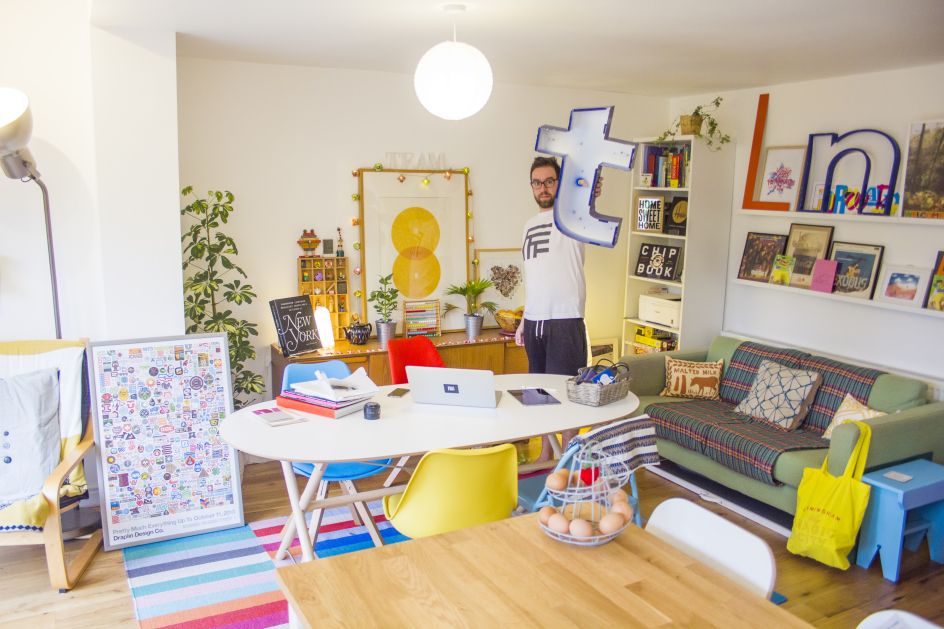
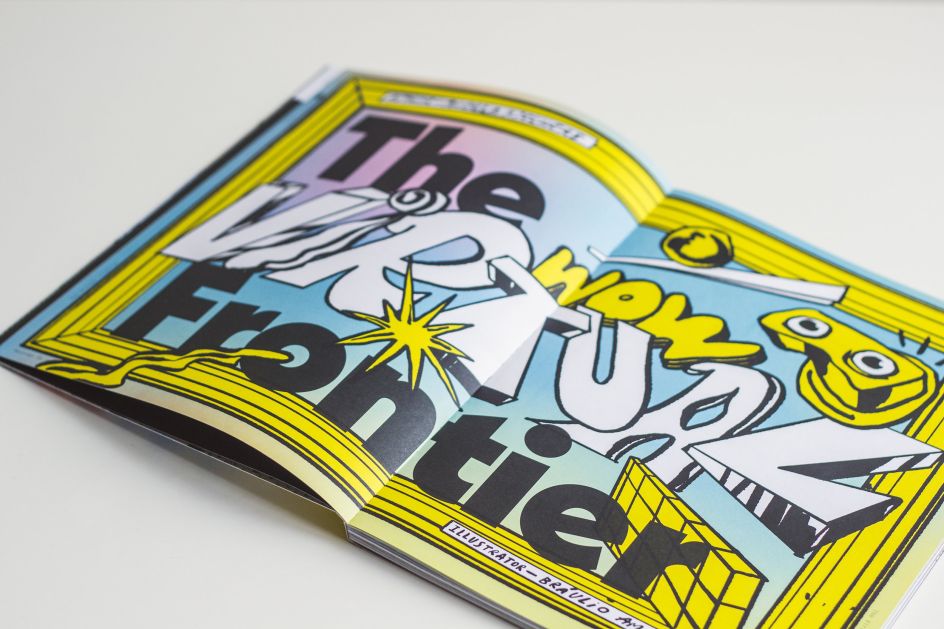
Do you have a good work/life balance?
No – I have a terrible work/life balance. If you count 'life' as what happens only when not designing or thinking about design stuff.
I'm not one of those amazing rounded people who have loads of hobbies and interests outside of design. Design is more than a job to me, it's my vocation, so the flip side of that is I can't turn it off or detach myself from it...
So my long-suffering wife now doesn't question when I stop the car to photograph some dirty old sign, or when I spend our money on bits of old type to hang on our walls, or when I buy food I don't like just for the packaging (etc). But if you asked me whether I enjoy my lop-sided life, or whether I'm glad I'm wired this way – I'd say yes.
Is there anything that frustrates you about the creative industries?
I don't like to dwell on the rubbish because we're probably all aware of it – the sexism, elitism, narcissism, racism, tribalism – not to mention how futile and bitchy much of design discourse online is these days. Even our governments seeming disdain for creative education!
But for every annoyance, there's stuff to be celebrated and championed. My biggest gripe is how ridiculous agency culture can still be – (usually) middle-aged white guys who think they're Don Draper behaving like it's the 1970s... the sooner our industry rids itself of that nonsense, the better I'll feel about sending my students into it.
Tell us something about yourself that might surprise us.
I really like Bon Jovi, and not in an ironic 'it's cool to like naff stuff' way.
What's currently bugging you and how are you going to fix it?
Aside from the staggering state, our world seems to be in these days? One slightly more manageable frustration is how disconnected or unaware young designers seem to be of the industry in general.
When I was a student, the Internet wasn't what it is now, so we were very intentional about investing in resources and experiences – but now everything is seemingly accessible it seems that the hunger is sometimes lacking.
Obviously that's a sweeping generalisation, but I hear it from colleagues and friends all over the place so I definitely think it's a real thing, and I hope by having a bit of a hybrid role with one foot in industry, one in education, and an elbow in events, I can at least link those three areas and do my bit.

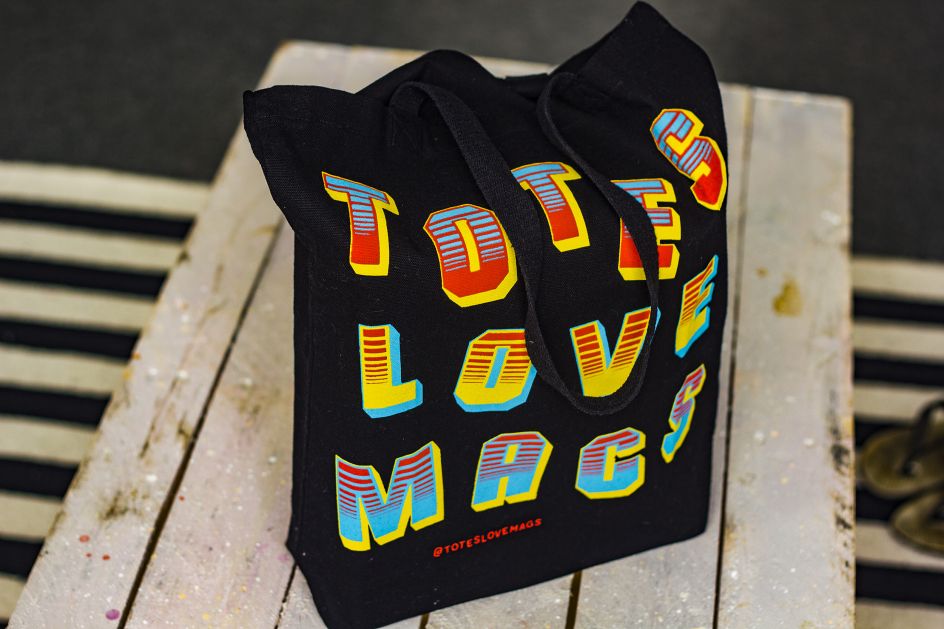
What advice would you give to those thinking about going freelance?
I hear a lot of people advising grads to go freelance straight from education – which is total madness to me. No agency hires junior freelancers, and very few freelancers are experienced or skilled enough to make it work as a solo designer no matter their talent.
So in that regard, my advice would be – wait. Wait until you know how to run a job from start to finish until you've learnt how to take, give, write and question a brief. Until you can manage a shoot, scope a job, present your work, commission collaborators, write a coherent email etc.
For me, that meant 10 years learning how to do my job well by making mistakes on someone else's dime, but I'm quite risk-averse, so you might be ready after five or six years.
If like me, you knew you'd reached that point where you'd rather be doing your own work outside of hours than the work you're given to do 9–5:30, then it's time to make an escape plan.
Save up a couple of months wages at least. Line-up some work if you can. Figure out your basic start-up costs, chat to your significant other or family, build a support network around you, then take the leap.
Odds are, you'll soar. And if for some reason you don't, and you realise those pressures are not for you, you can always go back to agency life or do something different. Oh, and always back-up your work and hit save regularly.
Discover more about Luke Tonge at luketonge.com or follow him on Twitter. This year's Birmingham Design Festival takes place between 6 – 8 June 2019 – something Creative Boom is hugely proud to support as media partner. Tickets to be announced soon.




 by Tüpokompanii](https://www.creativeboom.com/upload/articles/58/58684538770fb5b428dc1882f7a732f153500153_732.jpg)


 using <a href="https://www.ohnotype.co/fonts/obviously" target="_blank">Obviously</a> by Oh No Type Co., Art Director, Brand & Creative—Spotify](https://www.creativeboom.com/upload/articles/6e/6ed31eddc26fa563f213fc76d6993dab9231ffe4_732.jpg)








